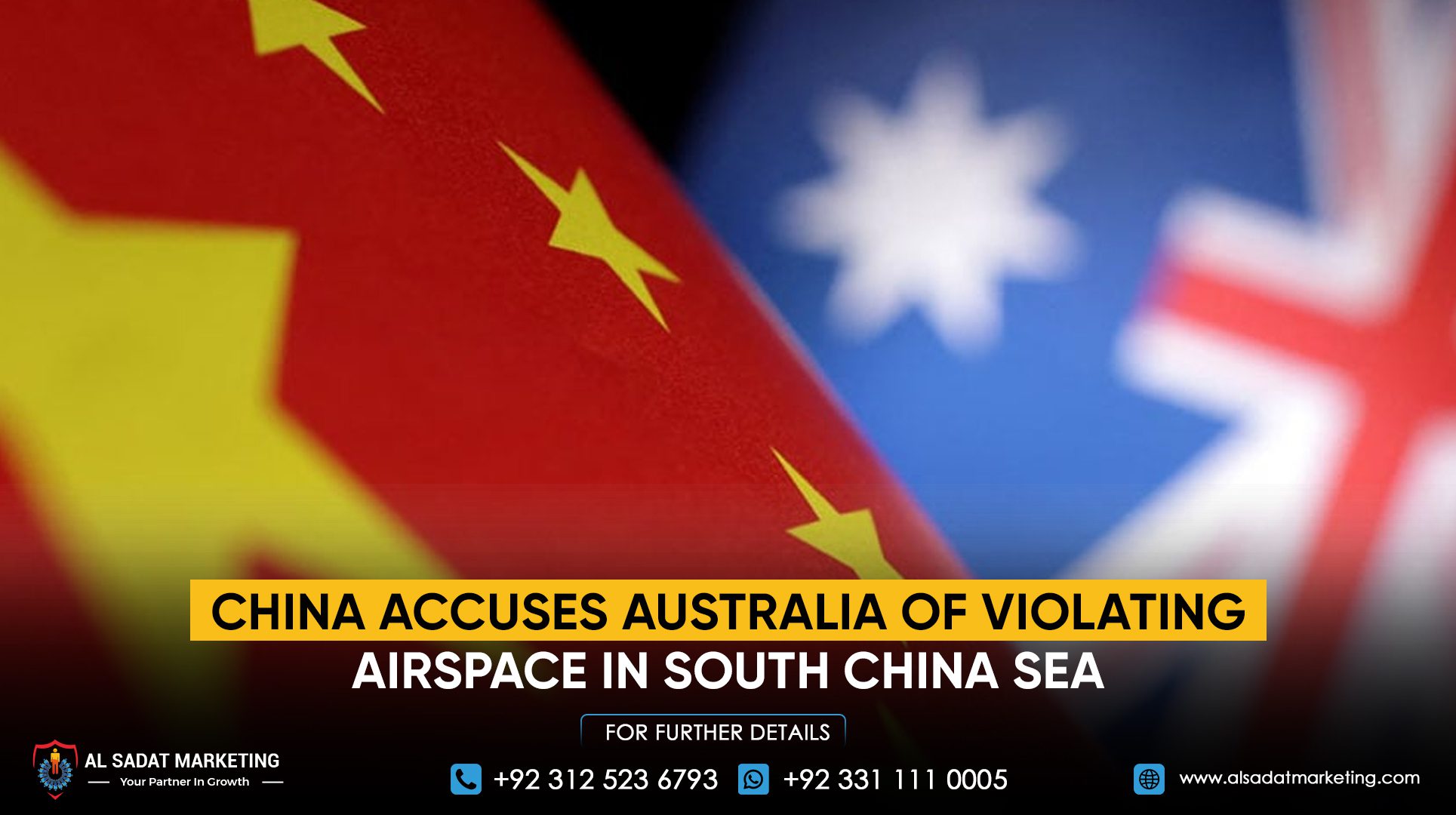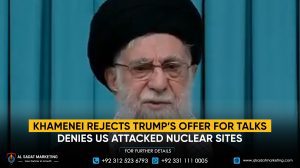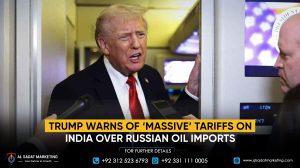Tensions between China and Australia have risen once again after Beijing accused Canberra of hiding the truth about an alleged airspace intrusion over the South China Sea. The latest dispute comes after Australia claimed that a Chinese fighter jet released flares dangerously close to one of its surveillance aircraft.
China’s Ministry of National Defence has accused Australia of violating its airspace, calling the incident an “illegal intrusion.” Spokesperson Jiang Bin said Beijing had issued a strong protest, describing the event as “egregious” and claiming that Australia was trying to “shift blame” by labeling China’s actions as “unsafe and unprofessional.” He urged Canberra to restrain its naval and air forces to prevent further harm to bilateral relations.
In response, Australia’s Defence Ministry maintained that its aircraft was conducting a lawful maritime patrol in the South China Sea when the Chinese jet released flares nearby. Australian officials said their mission followed international law and rejected Beijing’s accusation. The ministry also emphasized that the Chinese jet’s behavior posed serious risks to flight safety.
While Australia did not reveal the exact location of the incident, China said it occurred over the Xisha Islands, also known as the Paracel Islands, a disputed area claimed by multiple countries.
This confrontation is the latest in a series of tense encounters between Chinese and Australian forces in the South China Sea, one of the most disputed maritime zones in the world. China claims nearly the entire sea, despite a 2016 international tribunal ruling that rejected its claim. The region is also claimed in parts by the Philippines, Vietnam, Malaysia, and Brunei.
The timing of the incident coincides with Australian Prime Minister Anthony Albanese’s meeting with U.S. President Donald Trump at the White House. Both leaders announced a new agreement for Australia to supply rare earth minerals to the U.S., a move seen as reducing dependence on China.
President Trump also confirmed progress on the AUKUS defense pact, under which Australia will receive nuclear-powered submarines from the U.S. and U.K. Beijing has criticized the pact, warning that it risks increasing regional tensions and could lead to an arms race in the Asia-Pacific.










